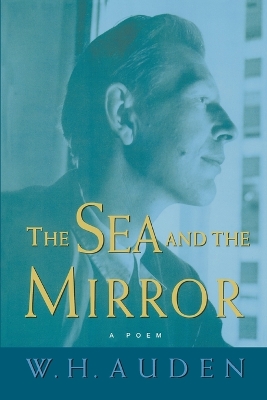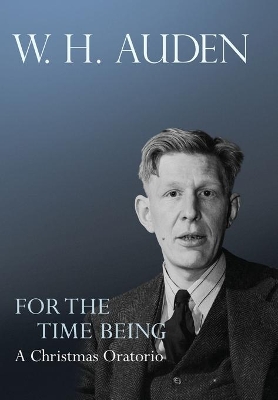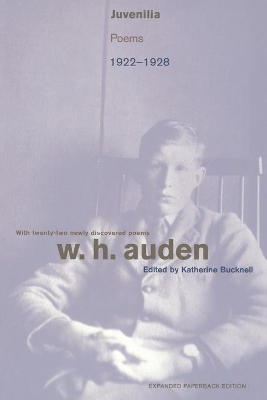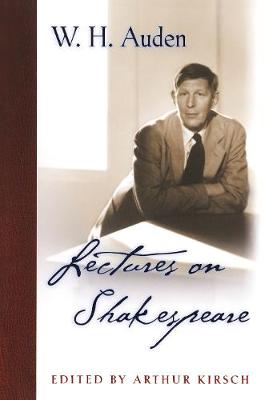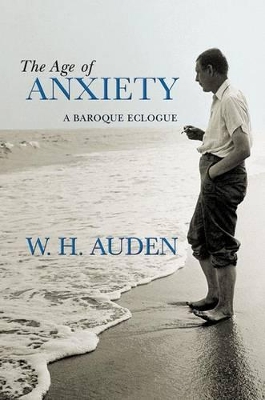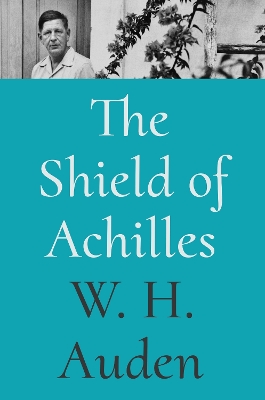W.H. Auden: Critical Editions
6 total works
Besides annotating Auden's allusions and sources (in notes after the text), Kirsch provides extensive quotations from his manuscript drafts, permitting the reader to follow the poem's genesis in Auden's imagination. This book, which incorporates for the first time previously ignored corrections that Auden made on the galleys of the first edition, also provides an unusual opportunity to see the effect of one literary genius upon another.
For the Time Being is Auden's only explicitly religious long poem, a technical tour de force, and a revelatory window into the poet's personal and intellectual development. This edition provides the most accurate text of the poem, a detailed introduction by Alan Jacobs that explains its themes and sets the poem in its proper contexts, and thorough annotations of its references and allusions.
The poems are generously annotated with information on Auden's education, reading, literary concerns, and personal life. In her introduction, Katherine Bucknell traces important themes relating to the poet's entire career, and describes crucial but hitherto unknown aspects of his youth during his years at Gresham's School and at Christ Church, Oxford. Throughout this work we see in Auden an admirable instinct for experiment, a thorough testing of tradition, and a gathering mastery of technique and thematic argument.
Eliot, drawing upon the full range of European literature and opera, and referring to the day's newspapers and magazines, movies and cartoons. The result is an extended instance of the "live conversation" that Auden believed criticism to be. Notably a conversation between Auden's capacious thought and the work of Shakespeare, these lectures are also a prelude to many ideas developed in Auden's later prose--a prose in which, one critic has remarked, "all the artists of the past are alive and talking among themselves." Reflecting the twentieth-century poet's lifelong engagement with the crowning masterpieces of English literature, these lectures add immeasurably to both our understanding of Auden and our appreciation of Shakespeare.
Back in print for the first time in decades, Auden’s National Book Award–winning poetry collection, in a critical edition that introduces it to a new generation of readers
The Shield of Achilles, which won the National Book Award in 1956, may well be W. H. Auden’s most important, intricately designed, and unified book of poetry. In addition to its famous title poem, which reimagines Achilles’s shield for the modern age, when war and heroism have changed beyond recognition, the book also includes two sequences—“Bucolics” and “Horae Canonicae”—that Auden believed to be among his most significant work. Featuring an authoritative text and an introduction and notes by Alan Jacobs, this volume brings Auden’s collection back into print for the first time in decades and offers the only critical edition of the work.
As Jacobs writes in the introduction, Auden’s collection “is the boldest and most intellectually assured work of his career, an achievement that has not been sufficiently acknowledged.” Describing the book’s formal qualities and careful structure, Jacobs shows why The Shield of Achilles should be seen as one of Auden’s most central poetic statements—a richly imaginative, beautifully envisioned account of what it means to live, as human beings do, simultaneously in nature and in history.
